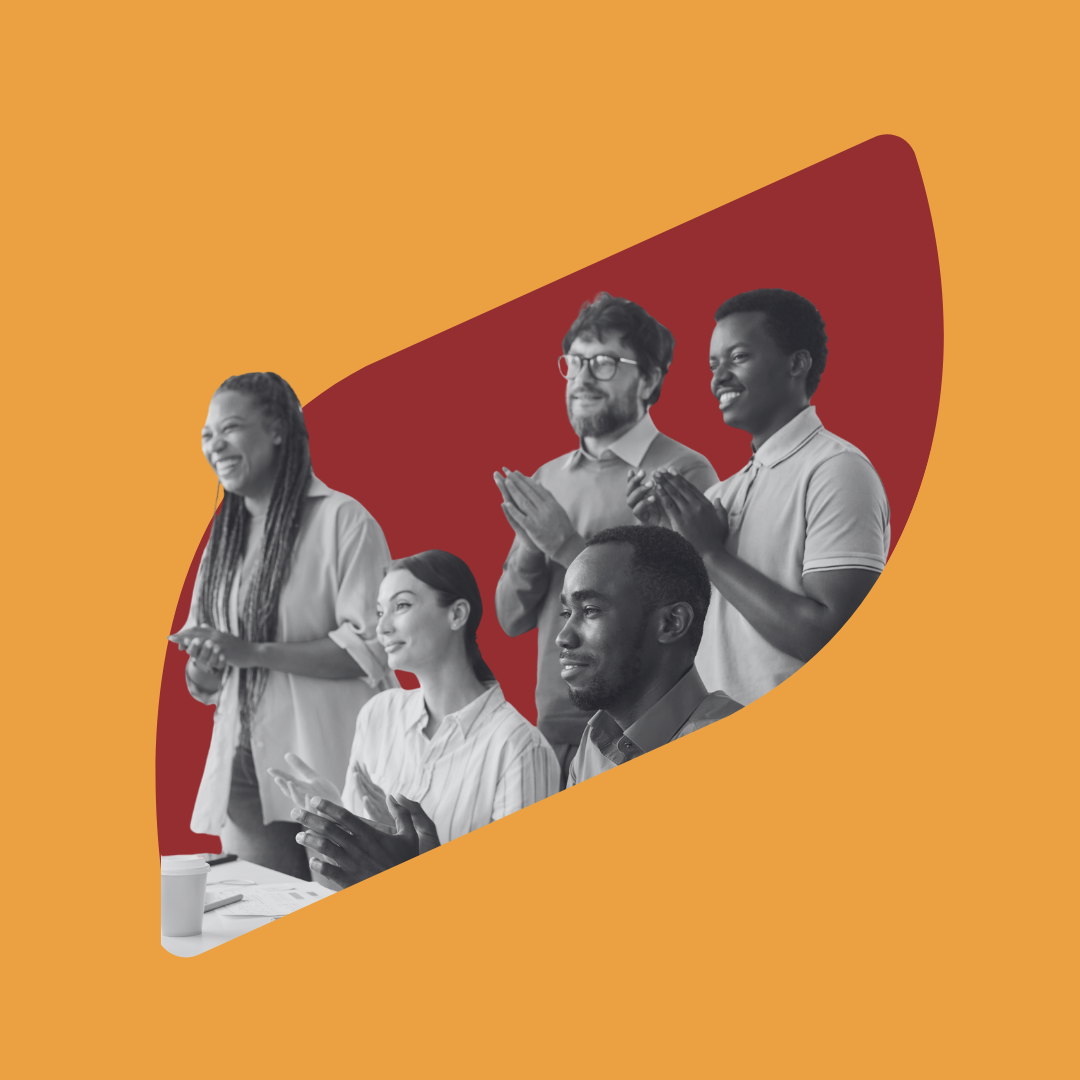Recently On the Blog
Leading for Justice: A Conversation with Rita Sever
Watch Rita and Mia share insights on shared power and holding accountability in equity-centered organizations and engage with the audience about management challenges and opportunities. Keep reading for details about November 6th’s Shared Power in Supervision training.
Retreat or Deep Dive? How to Choose the Right Format for Your Team
Sometimes the solution isn’t thinking bigger—it’s thinking more focused. This line perfectly captures the thesis: that retreats aren’t always the right tool, and focus can be more effective.
How to Turn Feedback into Action with Plus (+), Minus (-), Exclamation (!), Question (?)
The +, –, !, ? feedback technique offers a simple, yet extremely effective way to collect actionable insights while they still matter. Great facilitation is responsive—built on listening, adjusting, and sharing power in real time.
How to Use Group Agreements for Better Meetings and Workshops
While the agenda tells us what we’ll do together, the group agreements tell us how we’ll be together.
8 Signs That an Organization Values Supervision
“8 Signs Your Organization Values Supervision” from RIta Sever’s book Leading for Justice
Practicing Defiance with Our Focus
A free downloadable resource with strategies to help us get focused and manage information overwhelm, in a wider vision of practicing defiance and resistance.
Black History Is Made by Collective Work
Celebrate Black History Month by honoring collectives, not just individuals.
The Triangle of Self Awareness
In this blog, Mia Henry, CEO of Freedom Lifted, reclaims “wokeness” through describing the triangle of self-awareness in justice and equity work. In acknowledging how we’ve experienced oppression, oppressed others and resisted, we grow from victims, saviors and self-righteous activists to humble and trusted leaders. We are called to commit to healing, be accountable and act with humility. It’s time for those who believe in social awareness/consciousness-raising/political education work to reclaim the term “woke.” We don’t “stay woke” to hurt others, but to do the work fully aware of our own personal commitments to healing ourselves, being accountable to others, and work to dismantle oppressive systems with empathy and humility.




















